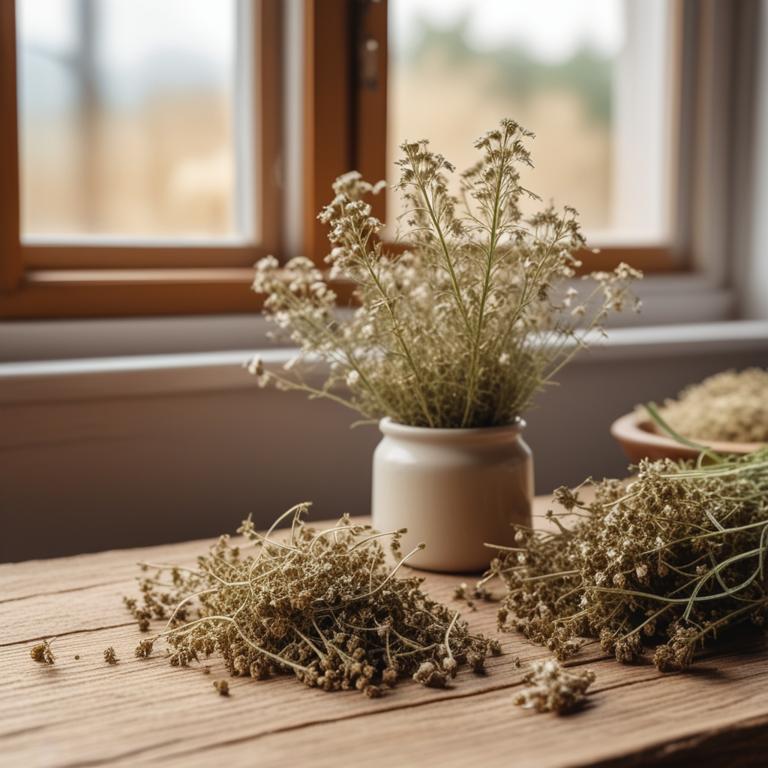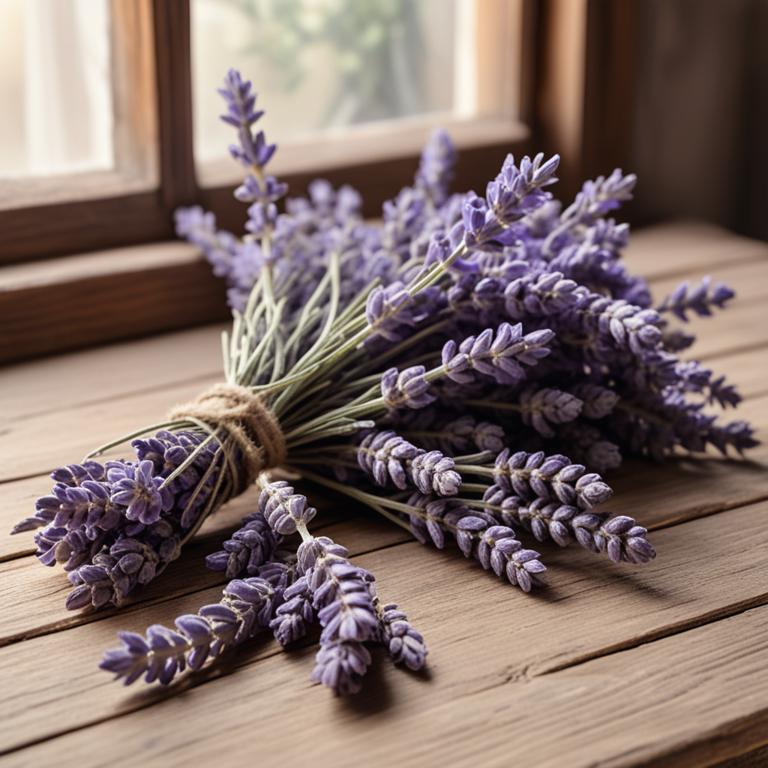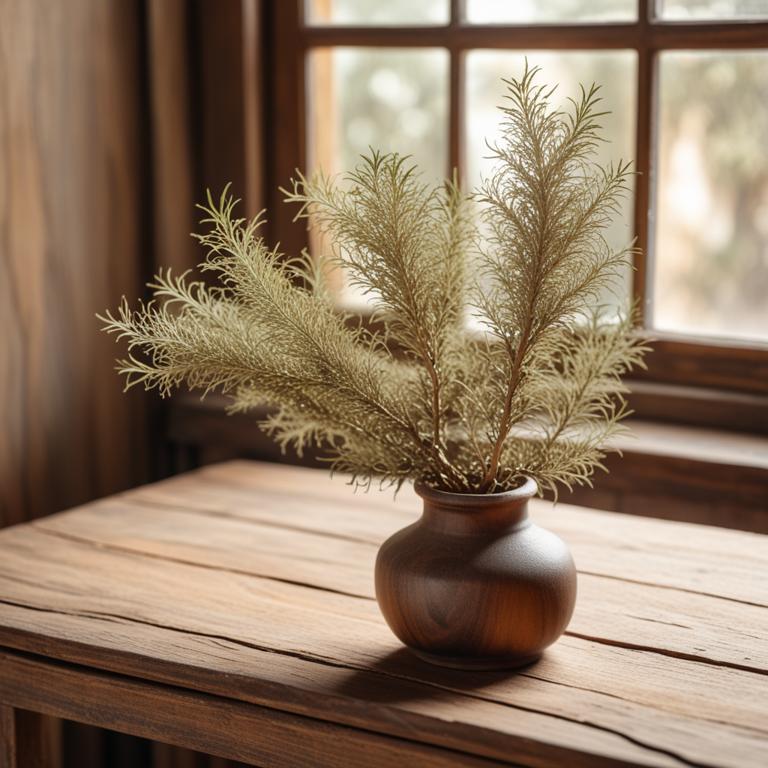Updated: Dec 1, 2024
Dry Hair: Causes, Medicinal Herbs, and Herbal Preparations for Healthy Locks
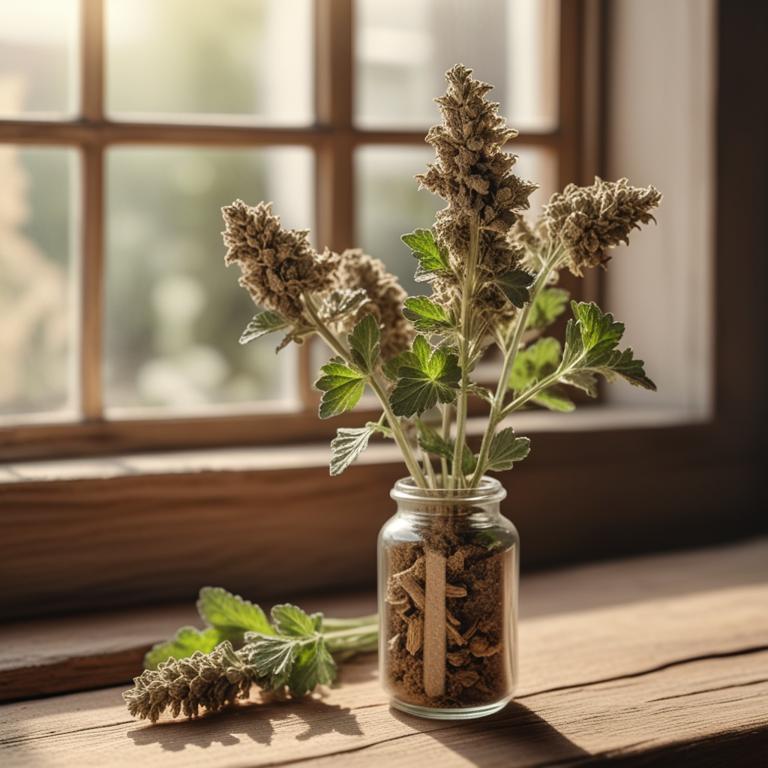
Dry hair can make your life a little more difficult.
It can feel like straw, break easily, and look dull. This condition can be caused by over-shampooing, using hot water, or using products that contain harsh chemicals. Sometimes, it can also be a result of a dry scalp or a lack of moisture in the air. But there are some herbs that can help to restore the moisture and health of your hair. Aloe vera is one of them. It has soothing and moisturizing properties that can calm the scalp and lock in moisture. You can apply aloe vera gel directly to your hair, or drink aloe vera juice to get its benefits from the inside out. Another herb that can help with dry hair is coconut oil infused with herbs like chamomile and rosemary.
These herbs have anti-inflammatory properties that can help to calm the scalp and promote hair growth. You can make a tea by steeping dried chamomile and rosemary leaves in hot water, then let it cool down before using it as a hair mask. You can also try using rosemary essential oil in your hair care routine. Mix a few drops of rosemary oil with a carrier oil like coconut oil and massage it into your scalp. Leave it on for a few hours before washing it out. This can help to promote hair growth and reduce dryness. These herbal remedies can help to bring moisture and life back to your dry hair. They're a natural and gentle way to care for your hair, and they can be just as effective as commercial products.
By incorporating these herbs into your hair care routine, you can say goodbye to dry, brittle hair and hello to healthy, shiny locks.
Table of Contents
What are the causes of dry hair?
The main causes of dry hair are a combination of factors that can strip your hair of its natural moisture and oils.
One of the main contributors to dry hair is heat styling. When you use heat styling tools like flat irons, curling irons, or blow dryers, they can damage the hair cuticle and cause it to lose moisture, leading to dryness and brittleness. Another culprit is chlorine exposure, which is common when swimming in chlorinated pools. The chlorine can penetrate the hair shaft and strip it of its natural oils, causing dryness and damage. Harsh shampoos are also a major contributor to dry hair.
Using shampoos that are too harsh or contain sulfates can strip the hair of its natural oils, leading to dryness and irritation. Similarly, humidity can also cause dry hair, especially during the winter months when the air is dry. When the air is humid, the hair can become frizzy and dry due to the loss of moisture. Hard water is another common cause of dry hair. When you wash your hair in hard water, the minerals in the water can bind to the hair and cause it to become dry and brittle. Finally, sun exposure can also cause dry hair, especially during the summer months when the sun's UV rays can damage the hair and cause it to lose moisture.
Prolonged exposure to the sun can lead to dryness, brittleness, and even breakage.
What are the perks of using herbs on dry hair?
Using herbs can be a great way to help with dry hair.
They are packed with nutrients that can deeply nourish and moisturize your hair. The benefits start from the root, as herbs can help to lock in moisture and reduce dryness. This can make your hair feel softer and more manageable.
Herbs can also help to repair and protect your hair from damage, which can be especially helpful if you use heat styling tools or swim often. By using herbs, you can reduce frizz and add shine to your hair. Some herbs can even help to stimulate blood flow to the scalp, promoting healthy hair growth.
Additionally, herbs are often gentle and free from harsh chemicals, making them a great alternative to commercial hair products.
What are the main medicinal herbs that address dry hair?
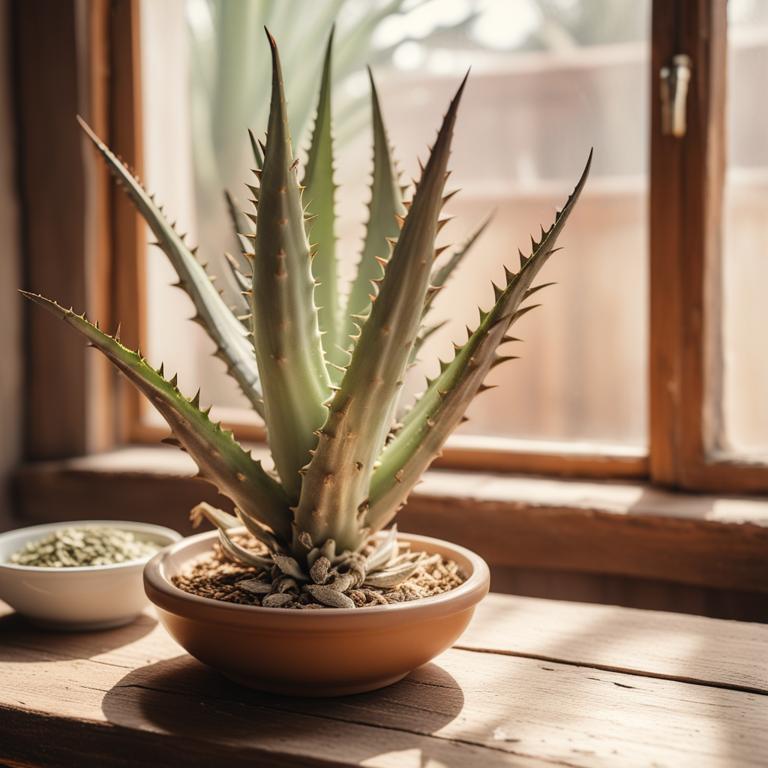
If you have dry hair, using herbs can be a great way to add moisture and nourishment.
Aloe barbadensis, also known as aloe vera, is a popular herb for dry hair because it's packed with vitamins and minerals that help lock in moisture. It also has anti-inflammatory properties, which can soothe an itchy scalp. Another herb that's great for dry hair is Rosmarinus officinalis, or rosemary. It improves blood flow to the scalp, which helps to stimulate hair growth and reduce dandruff. It also has antioxidants that protect the hair from damage caused by free radicals. Nettle, or Urtica dioica, is an herb that's rich in silica, which is essential for healthy hair growth.
Silica helps to strengthen hair follicles, making them less prone to breakage. It also has anti-inflammatory properties, which can help to calm an itchy scalp. Sandalwood, or Santalum album, is a herb that's often used in hair care products because of its moisturizing properties. It helps to lock in moisture and soothe dryness, leaving hair feeling soft and silky. Finally, lemongrass, or Cymbopogon citratus, is an herb that's often used in hair care products because of its ability to stimulate hair growth. It also has antioxidant properties, which help to protect the hair from damage caused by free radicals. These herbs can be used in a variety of ways, including as hair masks, shampoos, and conditioners.
They can be applied directly to the hair or scalp, or added to a hair care product for an extra boost of nourishment.
What herbal treatments are commonly used for dry hair?
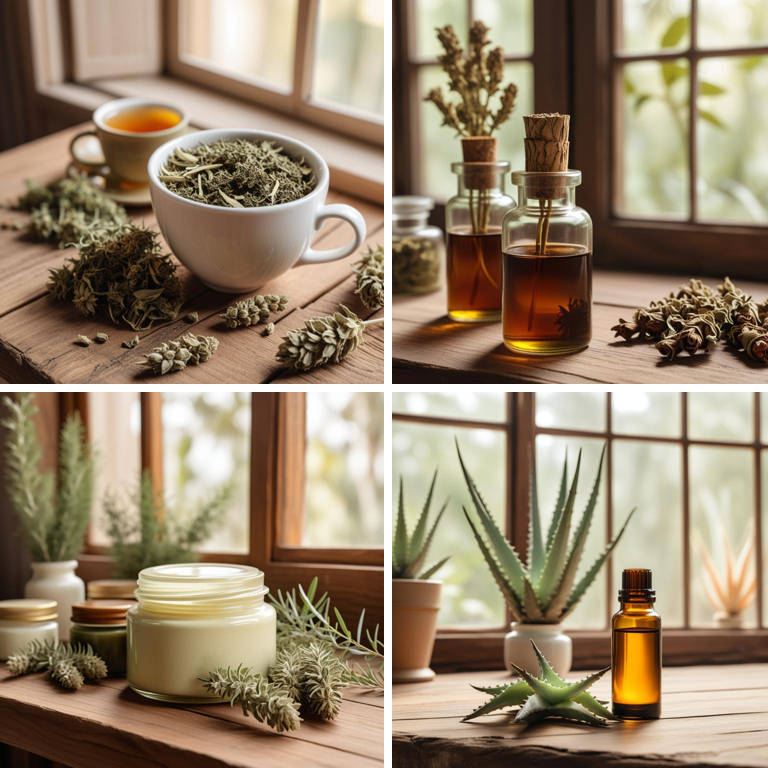
If you have dry hair, using herbal preparations can be really helpful.
A decoction is a strong liquid made by boiling herbs in water. It's great for dry hair because it can help lock in moisture and repair damaged hair follicles. Herbal tea is another good option. By steeping herbs in hot water, you create a liquid that can nourish and hydrate your hair. This can be especially helpful if you have dry, brittle hair that's prone to breakage.
A tincture is a concentrated liquid that's made by soaking herbs in a solvent like water or alcohol. It's often used to treat scalp problems, but it can also help to repair and moisturize dry hair. If you want a more moisturizing treatment, you can try a cream made from herbs. These creams can be rich and nourishing, helping to lock in moisture and keep your hair healthy and shiny. Finally, some people use essential oils to help with dry hair.
These oils are highly concentrated and can be added to your shampoo or conditioner to give your hair an extra boost of moisture and nourishment.
Additional Resources:
- 11 herbal teas for dry hair
- 8 herbal tinctures for dry hair
- 11 herbal creams for dry hair
- 11 herbal essential oils for dry hair
Which herbs should be avoided if you have dry hair?
If you have dry hair, it's a good idea to be careful with certain herbs.
Melaleuca alternifolia, also known as tea tree oil, can be drying to hair, especially if used in high concentrations. It can strip your hair of its natural oils, making it even drier. Eucalyptus globulus, another common essential oil, has a similar effect. It's often used in shampoos and conditioners, but it can be too harsh for dry hair. Thymus vulgaris, or thyme, is another herb to use with caution. While it's great for cooking, its essential oil can be drying to hair.
Lavandula angustifolia, or lavender, is often used in hair products, but it can be too drying for dry hair. Using lavender oil or products with lavender can lead to dryness and brittleness. Ginkgo biloba is often used in hair treatments, but it can cause hair to become brittle and break easily. These herbs can be drying because they have strong properties that can strip hair of its natural oils. Using them in hair products or essential oils can be too harsh for dry hair. If you have dry hair, it's best to use gentle hair products and avoid using these herbs in high concentrations.
You may want to look for alternative herbs or products that are designed for dry hair.
FAQ
Are there any specific herbs that can prevent dry hair?
Some herbs, like rosemary and sage, are thought to help prevent dry hair.
Rosemary's antioxidants can protect the hair from damage, while sage's moisturizing properties can lock in moisture.
These herbs can be used in shampoos or applied directly to the hair as a treatment to keep it healthy and hydrated.
Is it safe to use herbal remedies for dry hair during pregnancy?
If you're pregnant and have dry hair, you might consider using herbal remedies to help.
Some herbs like coconut oil and aloe vera are generally considered safe to use during pregnancy.
However, it's always a good idea to check the ingredients and look for products that are free from additives and chemicals.
Are there any herbs that can reduce the frequency of dry hair?
Rosemary and lavender herbs are known to help improve scalp health.
Rosemary is rich in antioxidants that promote blood flow to the scalp, while lavender has natural moisturizing properties that help lock in moisture.
By using these herbs, you may be able to reduce the frequency of dry hair and promote a healthier scalp.
Related Articles
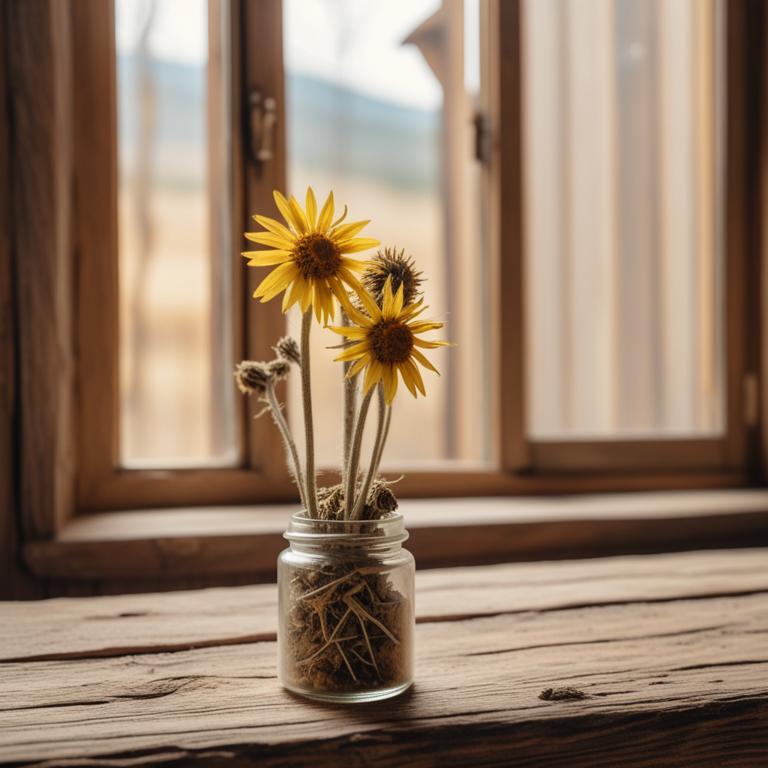
Natural Remedies for Insect Bites: Causes, Medicinal Herbs, and Herbal Preparations
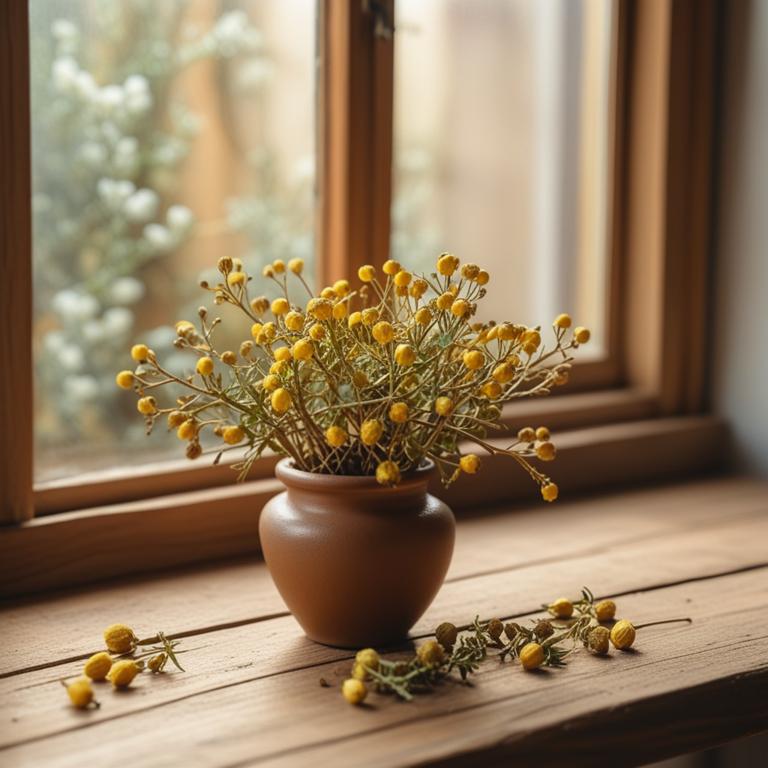
Rashes: Causes and Homeopathic Herbal Solutions
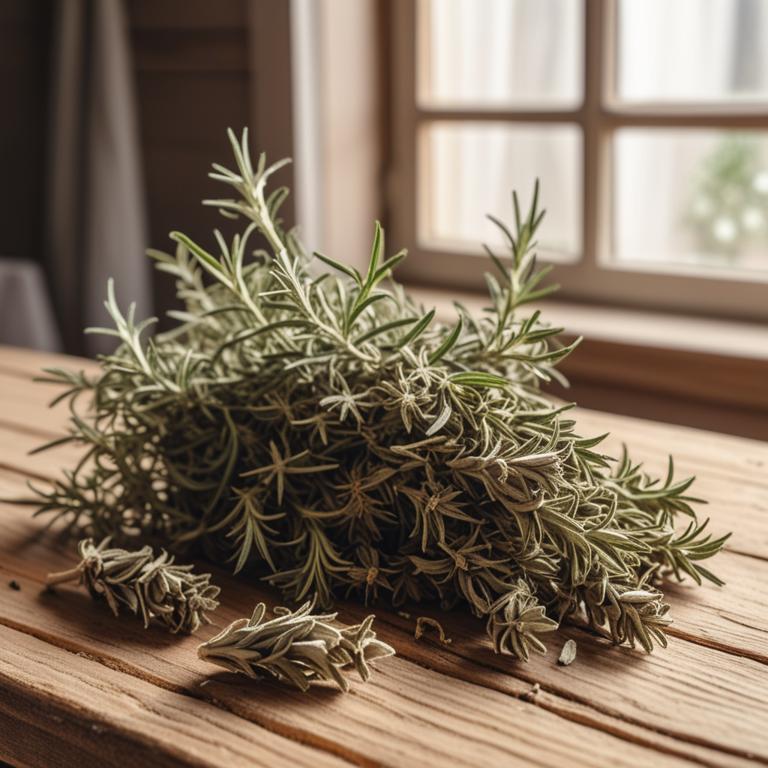
Dry Hair: Causes, Medicinal Herbs, and Herbal Preparations for Healthy Locks
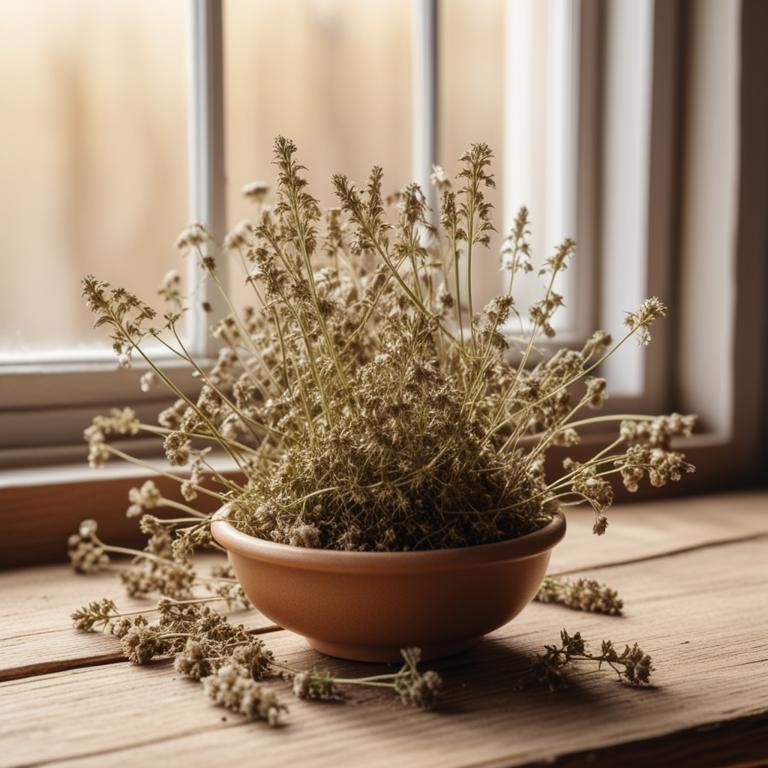
Causes and Treatment of Eye Infection with Medicinal Herbs and Herbal Preparations
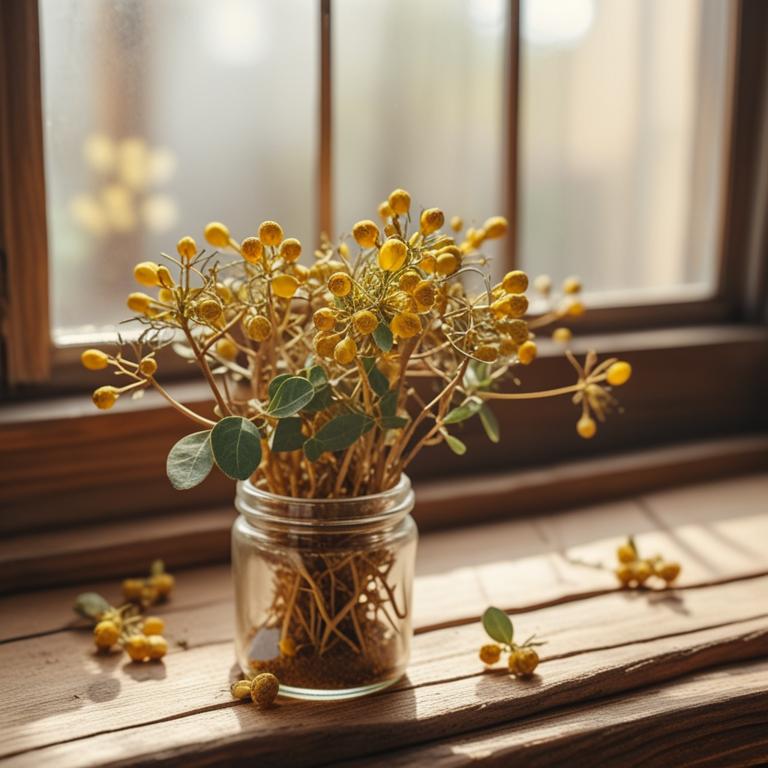
Natural Dermatitis Treatment: Causes and Medicinal Herbs
